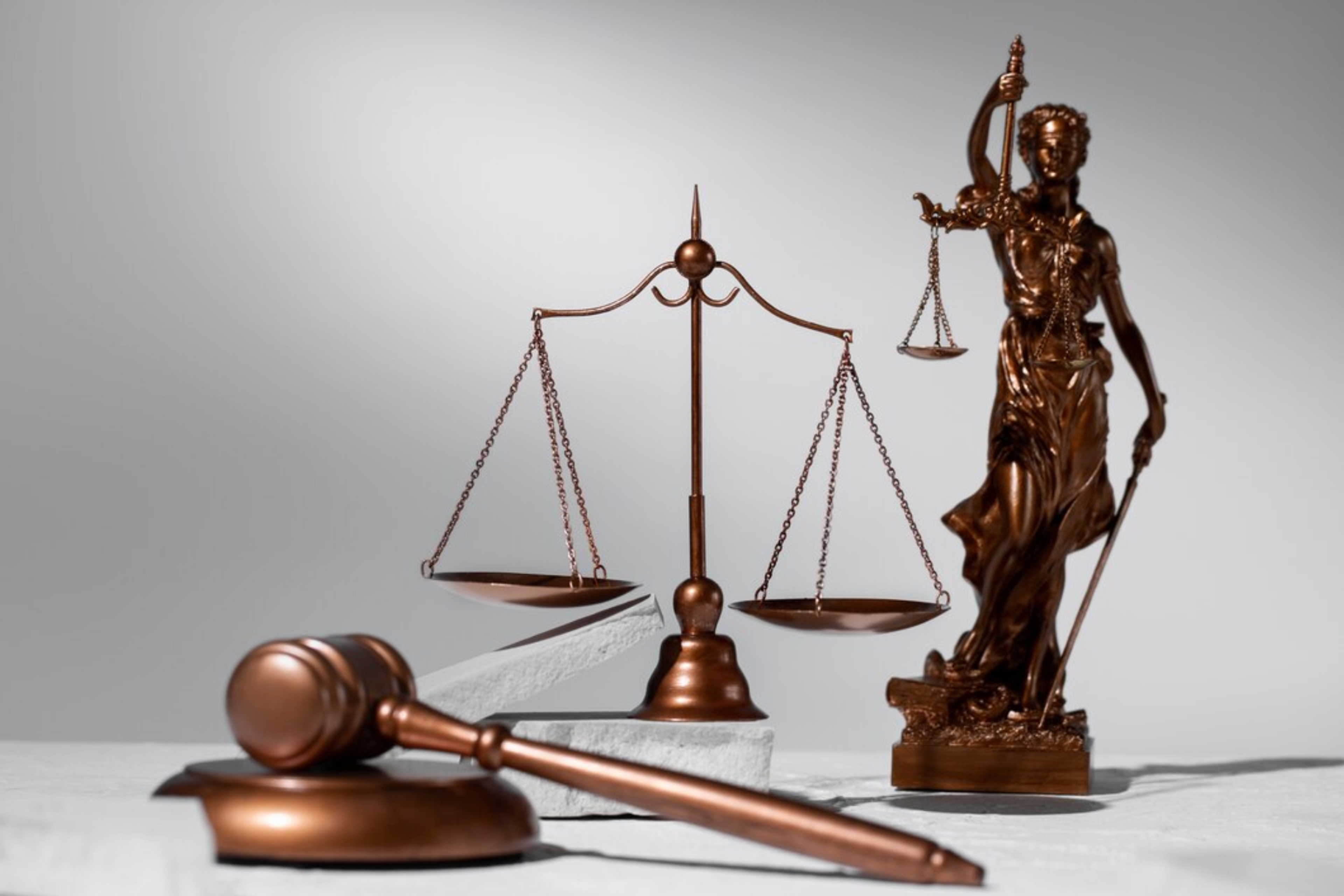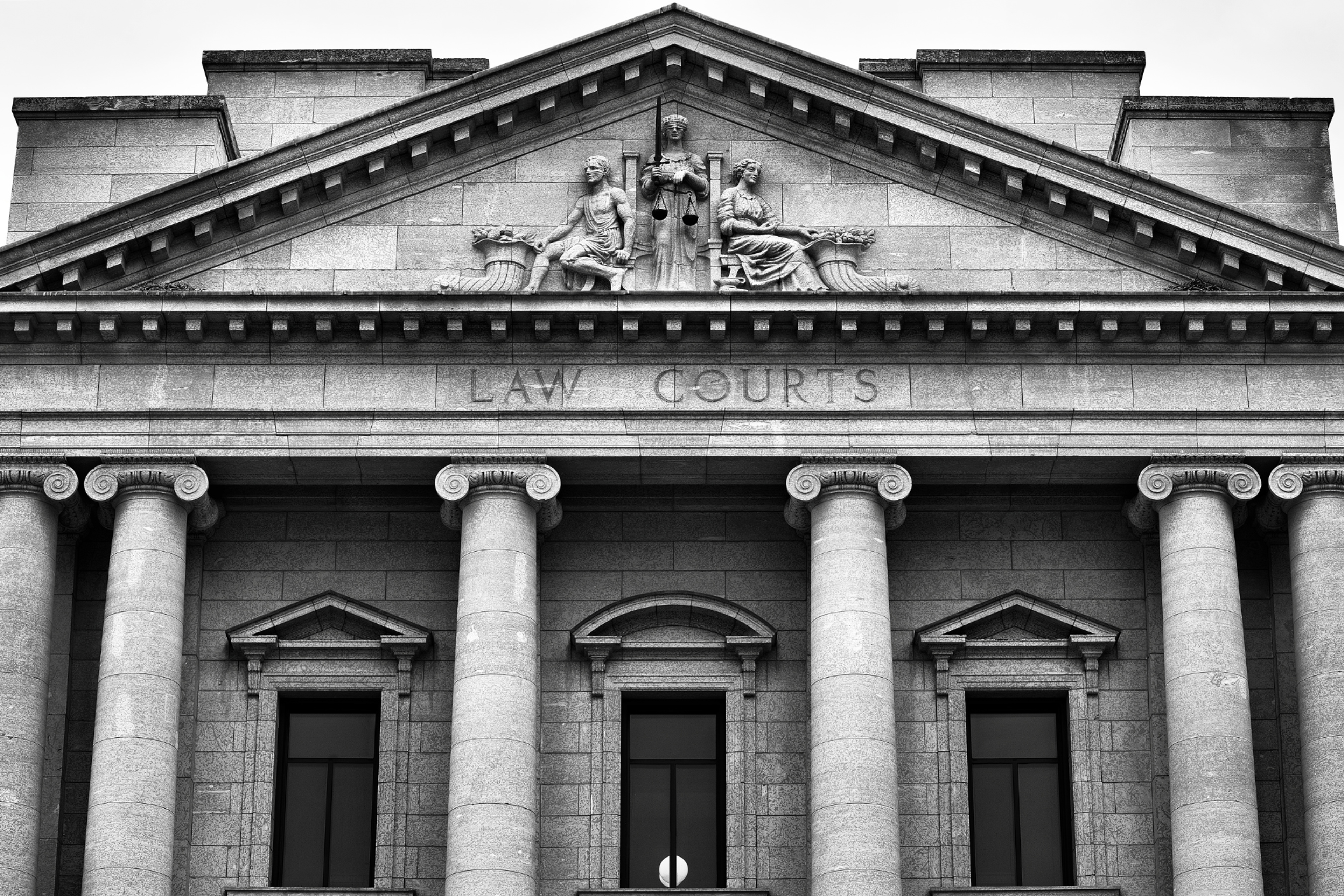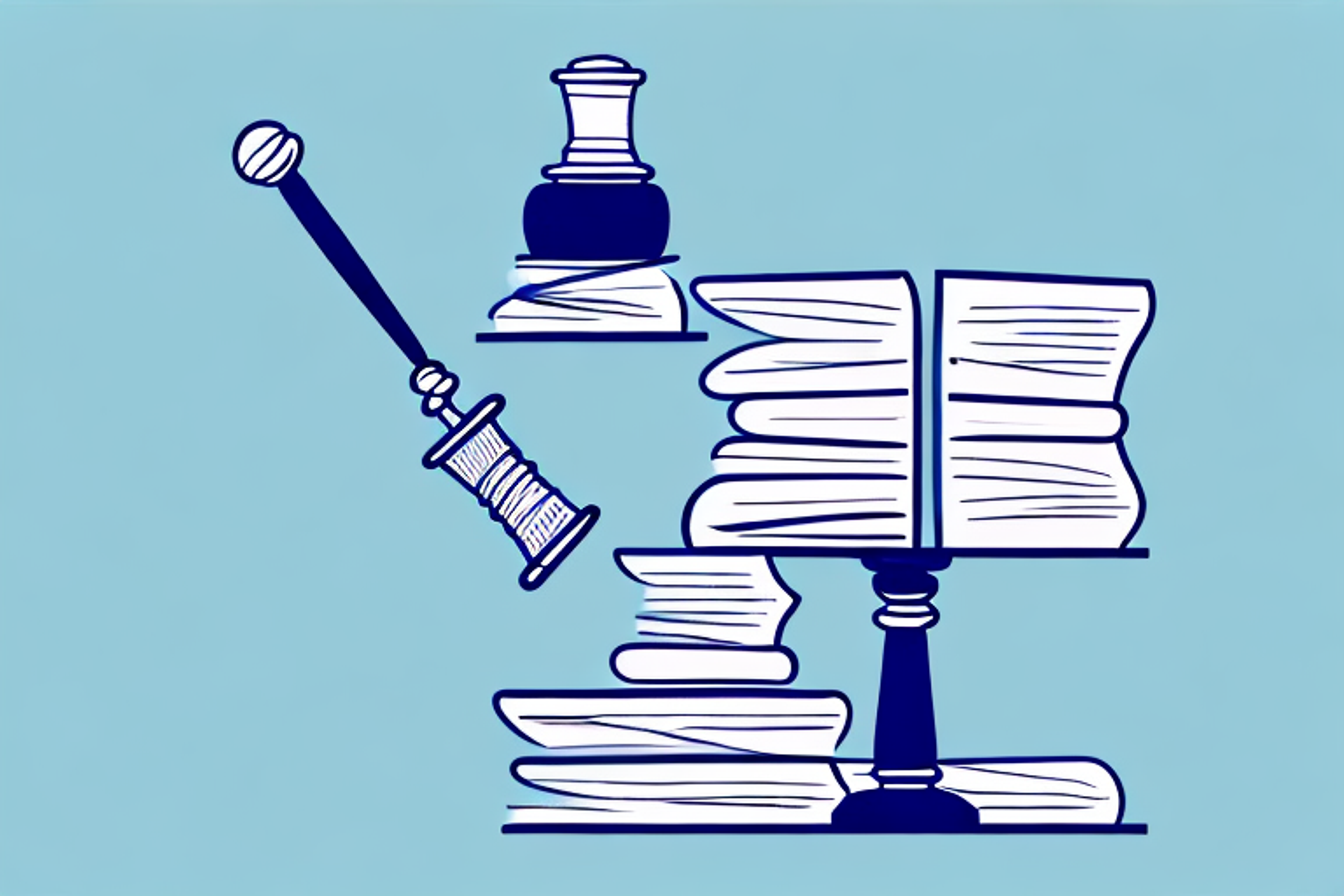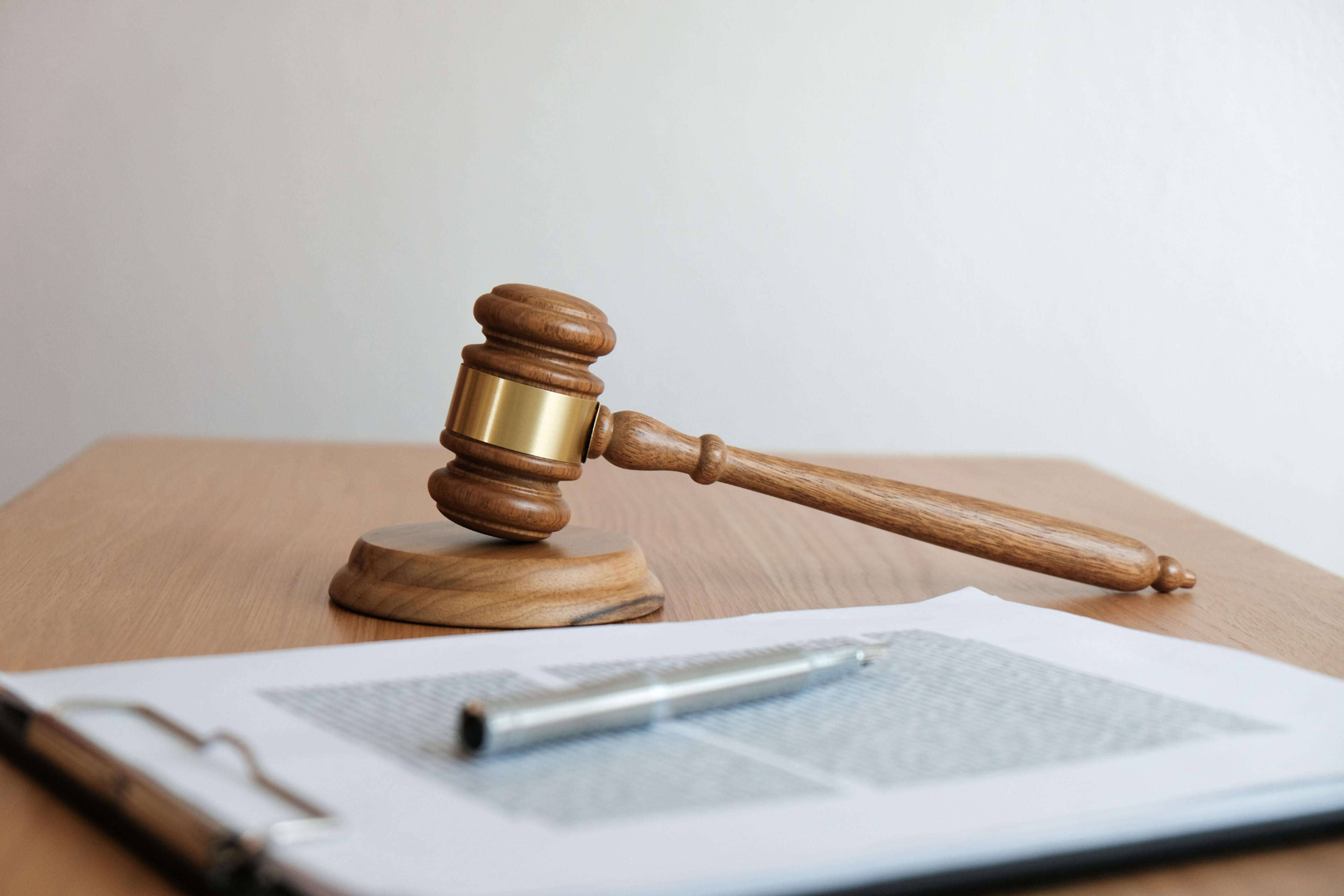The Top 10 Law Schools for Criminal Law
Thinking about diving into the exciting world of criminal law? We've curated a comprehensive list of the top 10 schools for this field, that will propel you to an incredible career in criminal law.
Posted June 13, 2025

Table of Contents
Free Event

Featuring Indrani S.
How To Write Outstanding Law School Application Essays
Starting Tuesday, September 2
11:30 PM UTC · 60 minutes

Featuring Indrani S.
If you’re interested in specializing in criminal law, choosing the right law school program is crucial to your future success. A strong program with knowledgeable professors and a diverse curriculum can help prepare you for a career in this ever-changing and complex field. In this guide, we’ll take a closer look at the top 10 law schools for criminal law and what makes them stand out. Let's dive in!
What is Criminal Law?
Criminal law is a branch of law that deals with, as the name implies, crime and punishment. It involves the study of crime and criminal behavior, as well as the legal systems and procedures used to punish criminals. Unlike other branches of law, such as civil law, criminal law focuses on the state’s power to punish individuals who have violated the law.
Key Differences Between Criminal and Other Types of Law
One of the key differences between criminal law and civil law is the nature of the cases that are heard in each system. Civil law deals with disputes between individuals or organizations, such as contract disputes or property disputes. Criminal law, on the other hand, deals with cases where an individual has committed a crime against society as a whole, such as murder, theft, or fraud.
Another important aspect of criminal law is the burden of proof. In a criminal case, the prosecution must prove beyond a reasonable doubt that the defendant committed the crime in question. This is a high standard of proof, and it is designed to protect individuals from being wrongly convicted of crimes. In civil cases, the burden of proof is lower, and the plaintiff only needs to prove their case by a preponderance of the evidence.
Factors to Consider When Choosing a JD Program for Criminal Law
When choosing a law school program for criminal law, it's important to consider a myriad of factors that will affect your time at the institution and your career thereafter. These include:
- Curriculum: Look at the courses, clinics, and programs the school offers in criminal law. Some schools might have a strong focus on either defense or prosecution, while others may provide a balanced view. You want to make sure the school you attend has classes that you are actually interested in and excited about.
- Faculty: Research the credentials, experience, and reputations of the professors in the criminal law field at the schools. Engaging with top faculty can provide valuable mentorship opportunities and enrich your learning experience.
- Location: Consider not only where you want to live for three years, but also where you want to practice law.
- Job placement rates: Do the people who attend this school get positions at the organizations/firms and in the field you want to work in? This speaks to the level of support and number of opportunities offered.
- Alumni network: A strong alumni network can be invaluable for mentorship, job placements, and professional growth.
- Rankings/reputation: While ranking shouldn't be the sole determining factor, it can be beneficial to attend a reputable school as it can open doors in terms of networking, job opportunities, and clerkships.
- Clinical programs and externships: Practical experience is crucial in criminal law. Schools with robust clinical programs allow students to represent real clients under the supervision of practicing attorneys, offering invaluable hands-on experience.
- Opportunities for specialization: If you have a specific interest within criminal law, such as juvenile justice or white-collar crimes, find out if the school offers specialized courses or programs in that area.
- Extracurriculars: Look for student organizations, journals, and competitions (like mock trial or moot court) focused on criminal law or related areas.
Top Law Schools for Criminal Law (2025)
Now, let’s take a closer look at the top 10 law schools for criminal law. These schools have distinguished themselves through their comprehensive curricula, knowledgeable faculty, and exceptional job placement rates.
1. Harvard Law School
Harvard University is widely recognized as one of the top law schools in the world. Its criminal law program is comprehensive and covers a wide range of topics, including criminal procedure, evidence, and sentencing - in fact, Criminal Law and Procedure is one of HLS' Areas of Interest.
- Sample Classes
- Capital Punishment in America
- Criminal Procedure: Investigations
- Crimmigration: The Intersection of Criminal Law and Immigration Law
- International Criminal Law
- Lying and the Law of Questioning
- Professors of Note
- Andrew Manual Crespo: Executive Faculty Director of the Institute to End Mass Incarceration; specializes in institutional design, legal frameworks, and power structures of the American penal system
- Carol Steiker: Dean's Special Advisor for Public Service; specializes in the broad field of criminal justice, from substantive criminal law to criminal procedure to institutional design, with a specific focus on capital punishment
- Adriaan Lanni: Touroff-Glueck Professor of Law; specializes in ancient law and society and modern criminal justice reform, with a focus on restorative justice and community-centered justice
- Clinics/Externships
Read: How to Get Into Harvard Law School
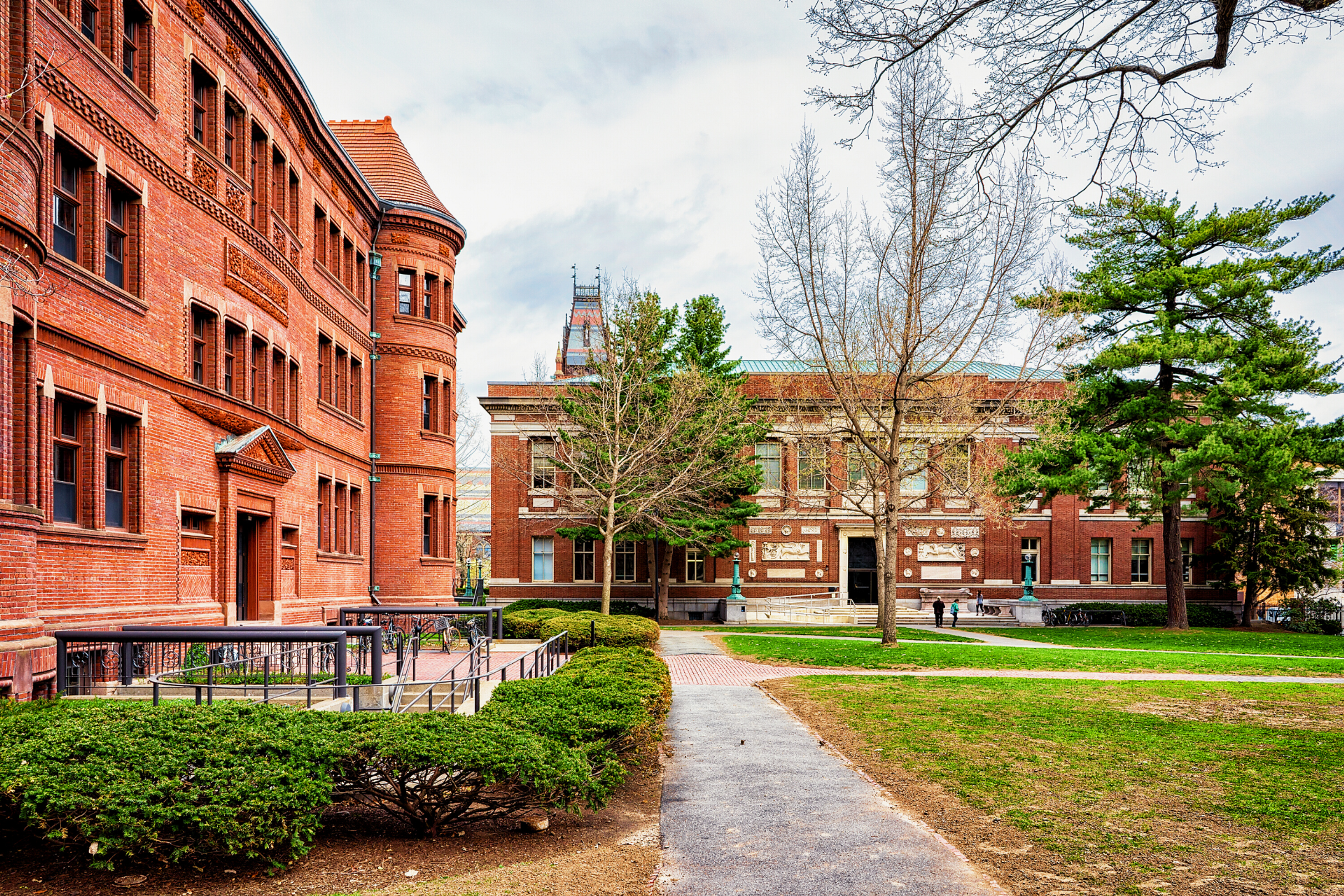
2. Yale Law School
Yale University’s criminal law program is known for its innovative approach to teaching criminal law. The program emphasizes critical thinking and analysis, encouraging students to explore the complexities of criminal justice from a variety of perspectives. YLS also has a relevant area of interest, Criminal Justice.
- Sample Classes
- Capital Punishment: Race, Poverty, and Disadvantage
- Comparative Criminal Law: Fair Trials Seminar
- Criminal Procedure: Investigations, Seizures and the Constitutional Constraints on the Police
- Litigating Civil Rights, Policing, and Imprisonment
- Burden of Proof: Appreciating and Understanding Evidence in a Seemingly Post-Truth World
- Professors of Note
- Fiona Doherty: Deputy Dean for Experiential Education; founded the Criminal Justice Clinic; specializes in supervised release, probation, and parole
- Mirjan Damaška: Sterling Professor Emeritus; Amicus Curiae of the International War Crimes Tribunal for the Former Yugoslavia; specializes in international criminal law, procedural law, and evidence
- James Forman Jr.: J. Skelly Wright Professor of Law; former public defender; specializes in schools, police, and prisons
- Clinics/Externships
Read: How to Get Into Yale Law School
3. Stanford Law School
Stanford University’s criminal law program is considered one of the best in the country for its comprehensive curriculum and knowledgeable faculty. The program covers all aspects of criminal law, from criminal procedure to white-collar crime, and emphasizes a practical approach to learning.
- Sample Classes
- Criminal Justice Reform & Litigation: Three Strikes Project
- Law and Psychology
- White Collar Crime
- Discussion (1L): Abolish or Reform? Prisons, Police, and the Death Penalty
- Criminal Legal Histories
- Professors of Note
- George Fisher: Co-Director of the Criminal Prosecution Clinic; specializes in the history of criminal law, evidence, and plea bargaining
- Robert Weisberg: Faculty Co-Director of the Stanford Criminal Justice Center; specializes in criminal law, criminal procedure, white-collar crime, and sentencing policy
- David Mills: Co-Chair of the Board of Directors of the NAACP Legal Defense Fund; specializes in white-collar crime and general criminal law
- Clinics/Externships
Read: Stanford Law School: Program and Application Overview
4. Columbia Law School
Columbia University’s criminal law program stands out for several reasons. The program’s curriculum is diverse and covers a wide range of topics, from criminal law theory to international criminal law. Columbia also has a strong commitment to clinical education, offering students opportunities to work with real clients on criminal justice cases. On its site, Columbia says, "Columbia Law faculty approach criminal justice issues holistically, from a multitude of perspectives—historical, political, philosophical, sociological, and intersectional—and raise questions about race, class, and geography."
- Sample Classes
- Advanced Criminal Law: The Death Penalty
- Comparative Criminal Justice
- Domestic Violence Prosecution
- Federal Criminal Law
- International Criminal Investigations
- Professors of Note
- Amber Baylor: Founding Director of the Criminal Defense Clinic; specializes in local criminal regulation and its impacts on communities targeted by intensive policing
- John Coffee Jr.: Donald Cressey Award for Lifetime Achievement by the Association of Certified Fraud Examiners; specializes in white-collar crime, securities law, and corporate governance
- Jeffrey Fagan: Former Director of CLS' Center for Crime, Community, and Law; specializes in policing, crime, gun control, and race
- Clinics/Externships
Read: How to Get Into Columbia Law School
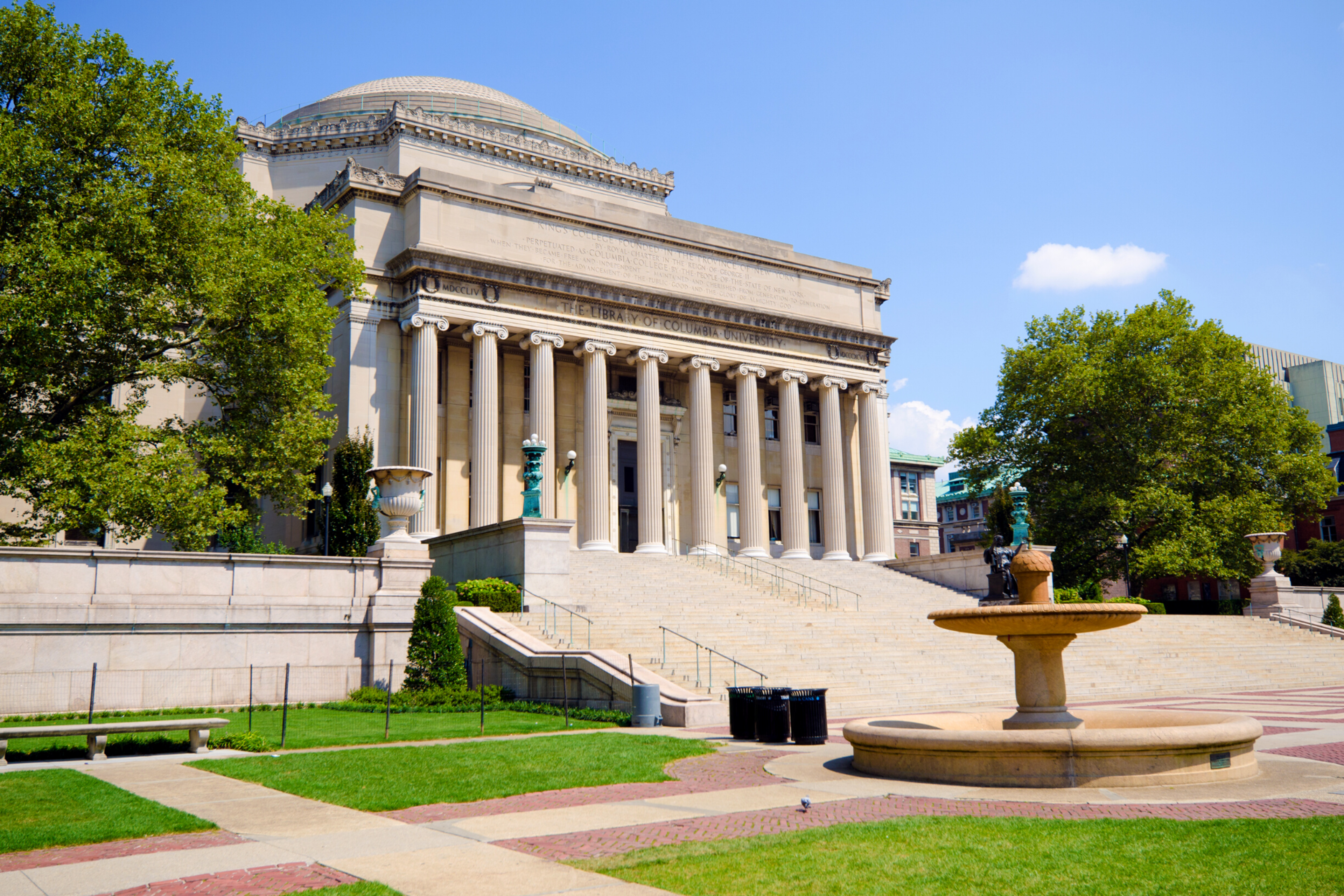
5. New York University (NYU) School of Law
New York University’s criminal law program is considered one of the most comprehensive in the country. The program covers a wide range of topics, including criminal procedure, evidence, and sentencing.
- Sample Classes
- Alternatives to the Prison System Colloquium
- Emerging Issues in Federal Criminal Law Seminar
- Beyond Criminal Justice Reform: Abolition Theory and Praxis Seminar
- Retribution in Criminal Justice: Political Violence and its Relation to Manhood (Shakespeare) Seminar
- Trying Atrocity Crimes Seminar
- Professors of Note
- Rachel Barkow: Faculty Director of the Peter L. Zimroth Center on the Administration of Criminal Law; specializes in administrative Law, criminal Law and procedure, sentencing, and separation of powers
- Bryan Stevenson: Aronson Family Professor of Criminal Justice; author of Just Mercy and founder of the Equal Justice Initiative; specializes in poverty and criminal justice, race and criminal justice, habeas corpus, and the death penalty
- Vincent Southerland: Director of the Center on Race, Inequality, and the Law; specializes in racial justice, civil rights, and the criminal legal system
- Clinics/Externships
Read: How to Get Into NYU Law School
6. University of Virginia School of Law
The University of Virginia’s criminal law program is known for its strong emphasis on the practical application of criminal law concepts. The program offers a wide range of clinics and practical opportunities, allowing students to gain hands-on experience working on criminal justice cases.
- Sample Classes
- Advanced Topics in Law of the Police
- Computer Crime Law
- Financial Crime: Risks, Risk Management, and Compliance
- Plea Bargaining
- Rethinking Criminal Justice
- Professors of Note
- Anne Coughlin: Lewis F. Powell, Jr., Professor of Law; specializes in criminal law, criminal procedure, feminist jurisprudence, and law and humanities
- Deirdre Enright: Director of UVA Law's Center for Criminal Justice; specializes in criminal investigation, DNA exoneration, and innocence cases
- Josh Bowers: Research Professor of Law in honor of Graham C. Lilly and Peter W. Low; specializes in criminal procedure, legal theory, policing, white collar crime, and plea bargaining
- Clinics/Externships
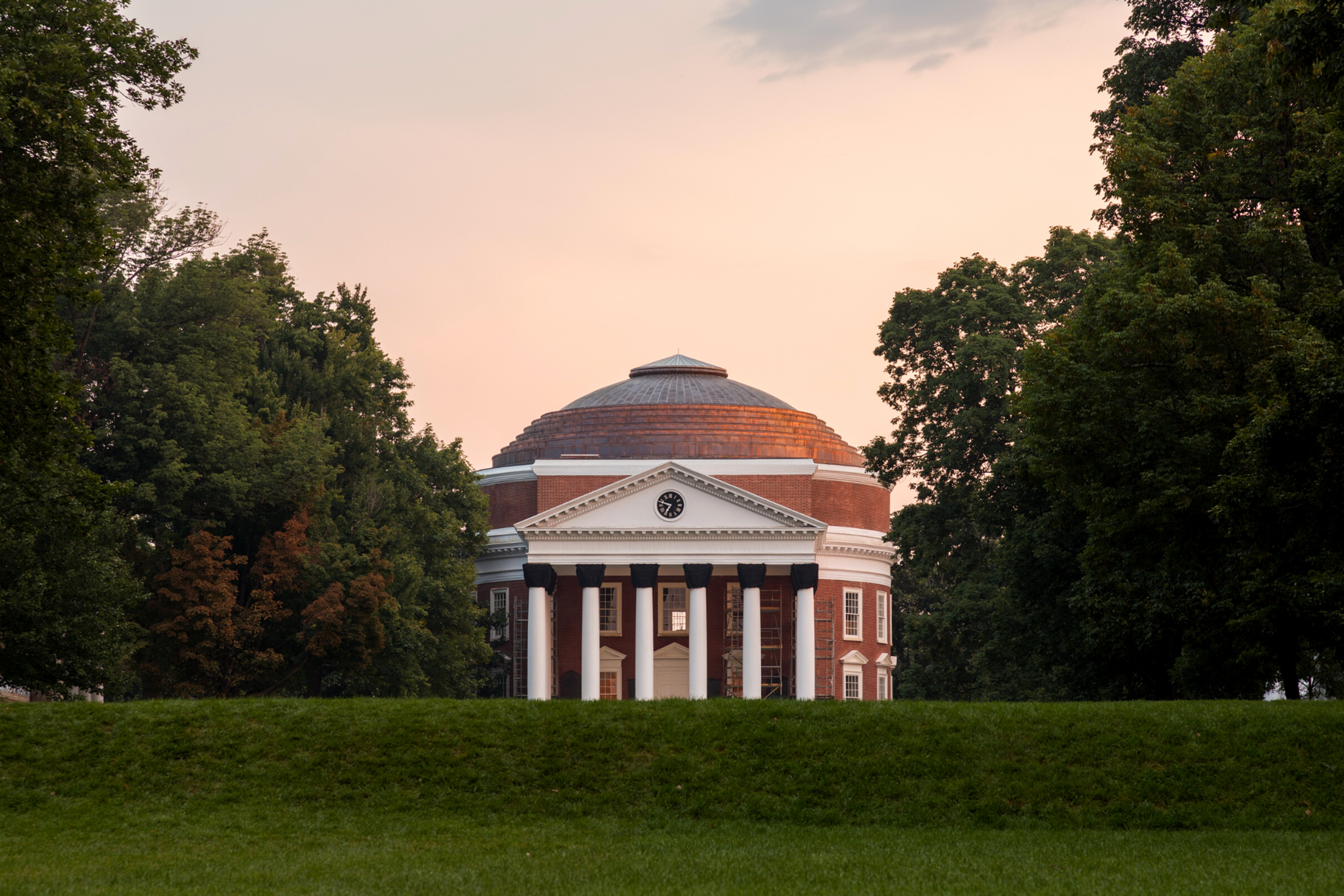
7. Georgetown Law
Georgetown University’s criminal law program is unique in that it’s located in the heart of Washington D.C. This proximity to the nation’s capital provides students with access to a wide range of criminal justice organizations, as well as invaluable opportunities to network with professionals in the field.
- Sample Classes
- Corporate Criminal Liability: Theory and Practice
- Anatomy of a Federal Criminal Trial: The Prosecution and Defense Perspective
- Criminal Justice Seminar: Confronting and Reimagining Judicial Writing in Foundational Criminal Cases
- Criminal Law Across Borders
- Health Care Fraud and Abuse Seminar
- Professors of Note
- Abbe Smith: Director of the Criminal Defense and Prisoner Advocacy Clinic and Member of the American Board of Criminal Lawyers; specializes in criminal law and procedure
- Paul Butler: Albert Brick Professor in Law; author of Chokehold: Policing Black Men; specializes in criminal law and race, public corruption, and civil rights
- Kristin Nicole Henning: Blume Professor of Law; Director of the Juvenile Justice Clinic and Initiative; specializes in racial bias in the juvenile and criminal legal systems and policing
- Clinics/Externships
8. Northwestern Pritzker School of Law
Northwestern University’s criminal law program emphasizes the development of critical thinking skills in the study of criminal law. The program encourages students to explore criminal justice from multiple perspectives and offers a variety of clinical and experiential learning opportunities.
- Sample Classes
- Contemporary Problems in Criminal Procedure
- Approaches to Criminal Justice Reform
- White Collar Criminal Practice
- Crime and Criminology
- Investigation, Prosecution, and Defense of Tax Crimes
- Professors of Note
- Steven Drizin: Co-Director of the Center on Wrongful Convictions; specializes in criminal law and procedure, wrongful convictions, and juvenile justice
- Jamelia Morgan: Director of the Center for Racial and Disability Justice; specializes in disability and policing, overcriminalization and the regulation of physical and social disorder, and the constitutional dimensions of the criminalization of status
- Thomas Geraghty: James B. Haddad Professor of Law Emeritus; specializes in criminal and juvenile defense, death penalty appeals, child-centered projects dealing with the representation of children and juvenile court reform
- Clinics/Externships
Read: Northwestern Law Personal Statement — Overview & Analysis
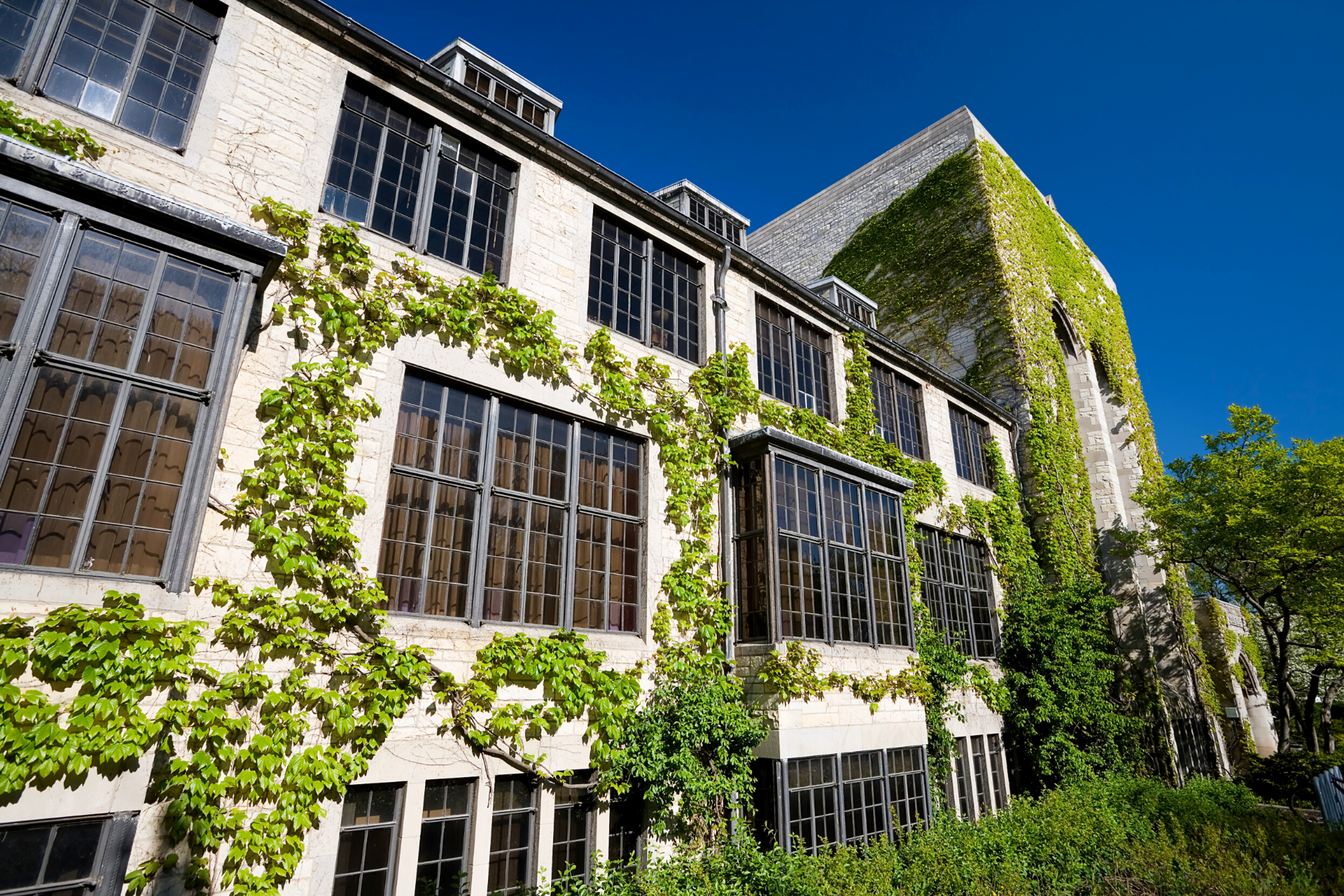
9. University of Michigan Law
The University of Michigan’s criminal law program is designed to prepare students for careers in criminal justice. The program offers a wide range of clinical opportunities, as well as courses in specialized areas such as international criminal law and the death penalty.
- Sample Classes
- Criminal Justice: Investigation and Police Practices
- Michigan Innocence Clinic Seminar
- Law and Diplomacy: African Nations and the International Criminal Court (ICC)
- Criminal Procedure: Bail to Post-Conviction Review
- Progressive Prosecution: Law and Policy
- Professors of Note
- Jason Richard Eggert: Assistant Defender with the State Appellate Defender Office (SADO); specializes in federal criminal processes, trials, sentencing, and appeals
- Eve Brensike Primus: Director of the Public Defender Training Institute; specializes in criminal law and procedure, evidence, habeas corpus, and criminal justice structural reform
- Angeles Raquel Meneses: Assistant Defender with the State Appellate Defender Office (SADO); specializes in criminal defense, contracts, and criminal appellate practice
- Clinics/Externships
10. UC Berkeley Law
Notably, UC Berkeley School of Law’s criminal law program is committed to social justice and reform in the field of criminal law. The program emphasizes a holistic approach to criminal justice, exploring issues such as race, gender, and poverty in the criminal justice system. The faculty includes top criminologists, renowned experts in domestic and international law, first-rate practitioners, and scholars who bring an interdisciplinary approach to the most pressing problems of the day.
- Sample Classes
- Post-Conviction Remedies
- Youth Justice Law, Practice and Policy
- Criminal Law Ethics Seminar
- Police Interrogations and Investigations: A Comparative Perspective
- Criminal Procedure - Investigations
- Professors of Note
- Ty Alper: Co-Director of the Death Penalty Clinic; specializes in confidentiality, criminal theory, death penalty, and incarceration
- Chesa Boudin: Executive Director of the Criminal Law & Justice Center; Rhodes Scholar; specializes in criminal procedure, evidence, and racial and social justice
- Catherine Crump: Co-Director of the Berkeley Center for Law & Technology; Director of the Samuelson Law Technology and Public Policy Clinic; specializes in civil rights (privacy, and free speech) in a world of ubiquitous surveillance
- Clinics/Externships
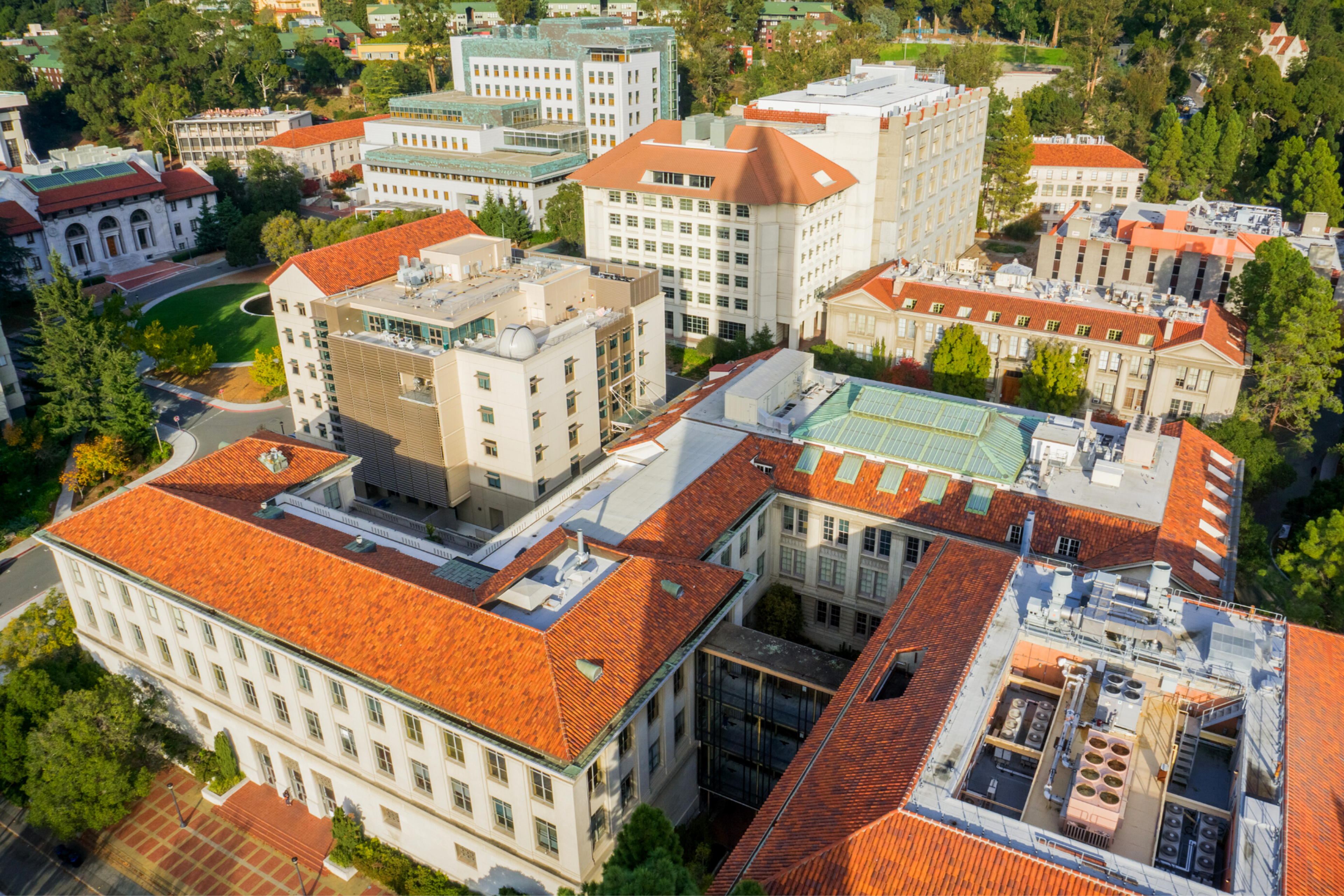
Notable Mentions
Choosing the Right Law School for Your Career Goals in Criminal Law
Choosing the right law school for your career goals in criminal law is crucial to your future success. So, consider the factors we’ve discussed, like location, faculty, and curriculum, and choose the program that best fits your interests and aspirations. With the right education and a passion for criminal justice, you can make a meaningful impact in the field of criminal law.
Read next:







